Review: CALLISTO - A QUEER EPIC at the Arcola Theatre
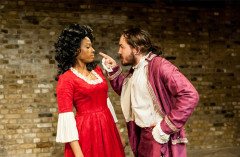 A story of four unique same-sex relationships from across the ages, theatre company Forward Arena’s production is ambitious and undeniably fresh in its storytelling. We are greeted with a complete absence of set, which is necessary for a production that jumps time periods with almost every scene.
A story of four unique same-sex relationships from across the ages, theatre company Forward Arena’s production is ambitious and undeniably fresh in its storytelling. We are greeted with a complete absence of set, which is necessary for a production that jumps time periods with almost every scene.
Our first story is in the 1970’s, where the optimistic ‘real blonde from Nebraska,’ Tammy, (played by the effervescent Francesa Zoutewelle) has come to LA to meet with Richard (suitably sleazily portrayed by Jonny Purkiss, who impressively plays three characters throughout) to start a career in porn at Callisto Studios. Tammy has found a fascination with a particular star called Lola. When she finally meets her they fall in love, there is a bloodbath, then leave the transient industry of LA porn together.
Our second story takes place in 1680, where being openly homosexual is entirely illegal. Amy (ardently played by Georgia Bruce) and Arabella (Marilyn Nadebe) have secretly married. Amy is pretending to be a man, while her wife Arabella is acting career in a production of Antony and Cleopatra. When Arabella argues with a cast member, her husband (Amy) is challenged to a duel. They skirt around by Amy pretending to be Arabella’s sister-in-law. They are caught kissing, both in female dress, and Amy is arrested.
Our third story was the most heart-breaking and true to life of all the tales. In 1936, Alan Turing (played with wonderful measurement by Darren Sia) is dodging the quick-witted Isobel’s (Phoebe Hames) questions about his relationship with her son, who has passed. What follows are some extremely tender scenes, and Turing finally revealing his feelings, “Truly there are more things in heaven and earth one could only ever dream of.”
The last story Is set way in the future in 2223 on the moon, where Lorn (Jonny Purkiss) has created an Android Cal (Nicholas Finerty) to replace his dead lover. This particular story is very reminiscent of Black Mirror, where we question whether technology can replace real human connection.
With all these stories intertwining in very smooth transitions, the story should have a huge amount of momentum. Unfortunately, at some moments it appears too ambitious and some scenes meander and repeat themselves. It is always refreshing to see alternative queer stories on stage, and the majority of the cast are very truthful in their portrayals of these inherently unique stories. Overall, it is unfortunate that the production feels like it lacks clarity and narrative cohesion.
Latest News
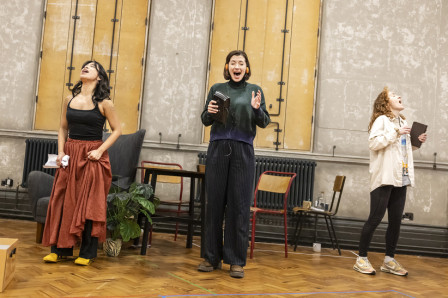
 Rehearsal images released for major new folk musical BALLAD LINES
2 January 2026 at 13:22
Rehearsal images released for major new folk musical BALLAD LINES
2 January 2026 at 13:22
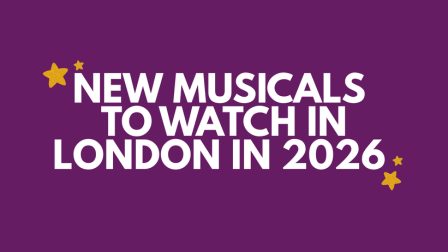
 New musicals to watch in London in 2026
28 December 2025 at 11:24
New musicals to watch in London in 2026
28 December 2025 at 11:24
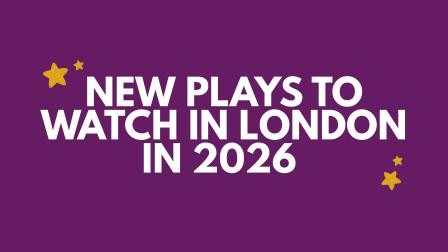
 New plays to watch in London in 2026
28 December 2025 at 09:24
New plays to watch in London in 2026
28 December 2025 at 09:24
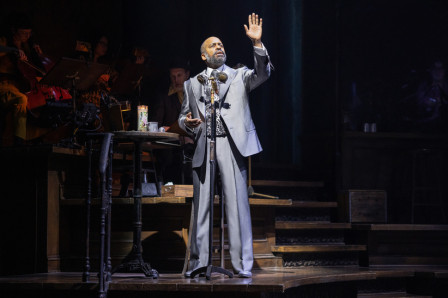
 Daniel Breaker joins West End production of Hadestown
26 December 2025 at 21:46
Daniel Breaker joins West End production of Hadestown
26 December 2025 at 21:46
